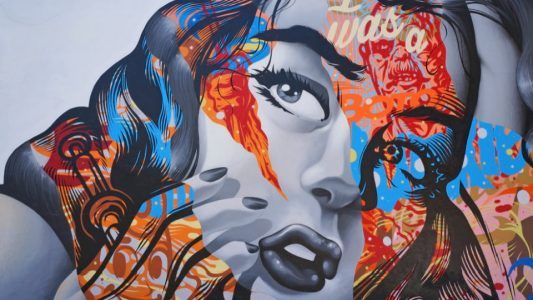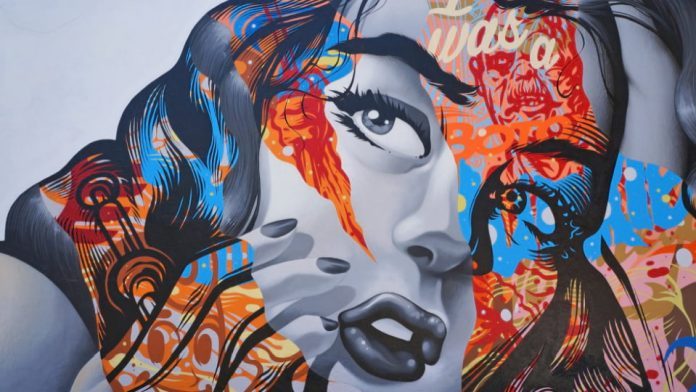
Pop culture, or popular culture, is more than just a form of entertainment and art. It is a sociocultural phenomenon that profoundly influences the way we perceive and interact with the world. The mechanisms of its impact are many, ranging from politics and activism to patterns of behavior and consumption. Therefore, it is important to understand the role that pop culture plays in shaping modern society.
Mirror of Society
Pop culture often acts as a mirror of society, reflecting its concerns, aspirations, fears, and even its conflicts. Just look at the types of songs that are hits, the movies that draw crowds to theaters, or the series that break audience records. They often touch on topics such as race relations, gender issues, politics, and environmentalism, among others.
For example, the global success of the TV series “Game of Thrones” reflects, in part, contemporary concerns about power, ethics and leadership. Similarly, the #MeToo movement gained momentum and visibility partly because of the way it was addressed and represented in films and television series.
Catalyst for Change
But pop culture isn’t just a reflection of society; it can also act as a catalyst for change. Popular entertainment has the power to create conversations on a large scale and bring to light issues that might not otherwise be widely discussed. Musicians like Bob Dylan and Kendrick Lamar, for example, have used their platforms to address social and political issues, influencing not only their fans but also the public conversation as a whole.
Additionally, pop culture figures often serve as role models for young people and adults alike. The way these figures speak, dress, and behave can set new cultural norms. For example, the way celebrities like Lady Gaga and Elton John openly address LGBT+ issues helps normalize these conversations in society at large.
Communities and Identity
Pop culture also helps build communities and strengthen a sense of identity. Fans of certain bands, series, or franchises come together around their shared interests, creating spaces where they can share ideas and values. This type of community can be especially important for people who feel marginalized or misunderstood in their everyday lives.
The Dichotomy of Consumption
While pop culture has the potential to be emancipatory and progressive, it can also perpetuate stereotypes and restrictive social norms. The entertainment industry often markets idealized images of beauty, success, and happiness, which can have negative effects on people’s self-esteem and well-being.
There’s no denying that pop culture is a powerful force that both reflects and shapes modern society. Its impact is vast, affecting everything from politics and activism to behaviors and social norms. As we continue to consume and interact with pop culture, it’s crucial to recognize its power and influence, both for good and ill. In doing so, we can become more conscious and critical consumers, and perhaps even use this powerful tool to effect positive change in our own society.
